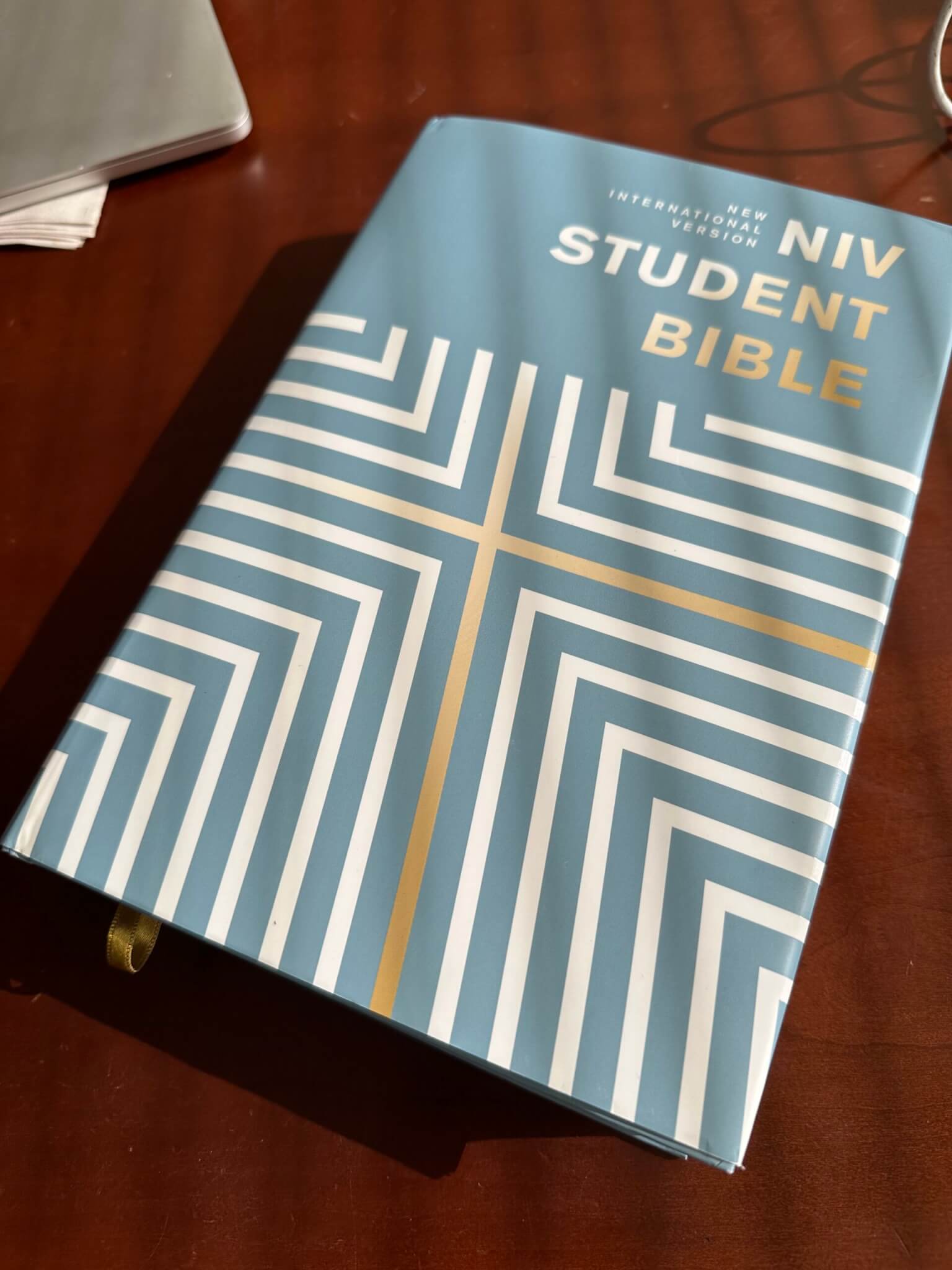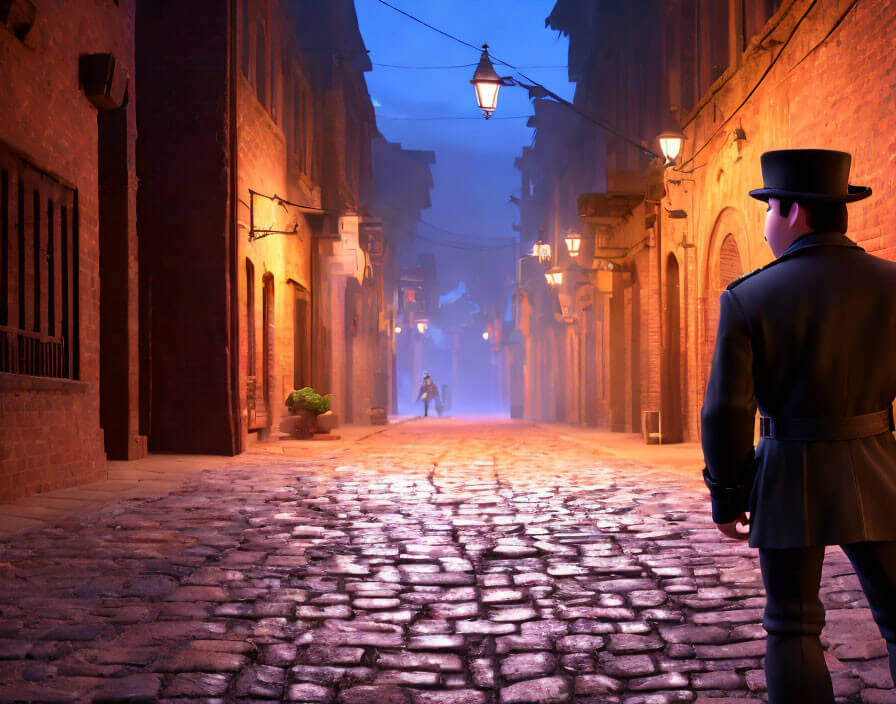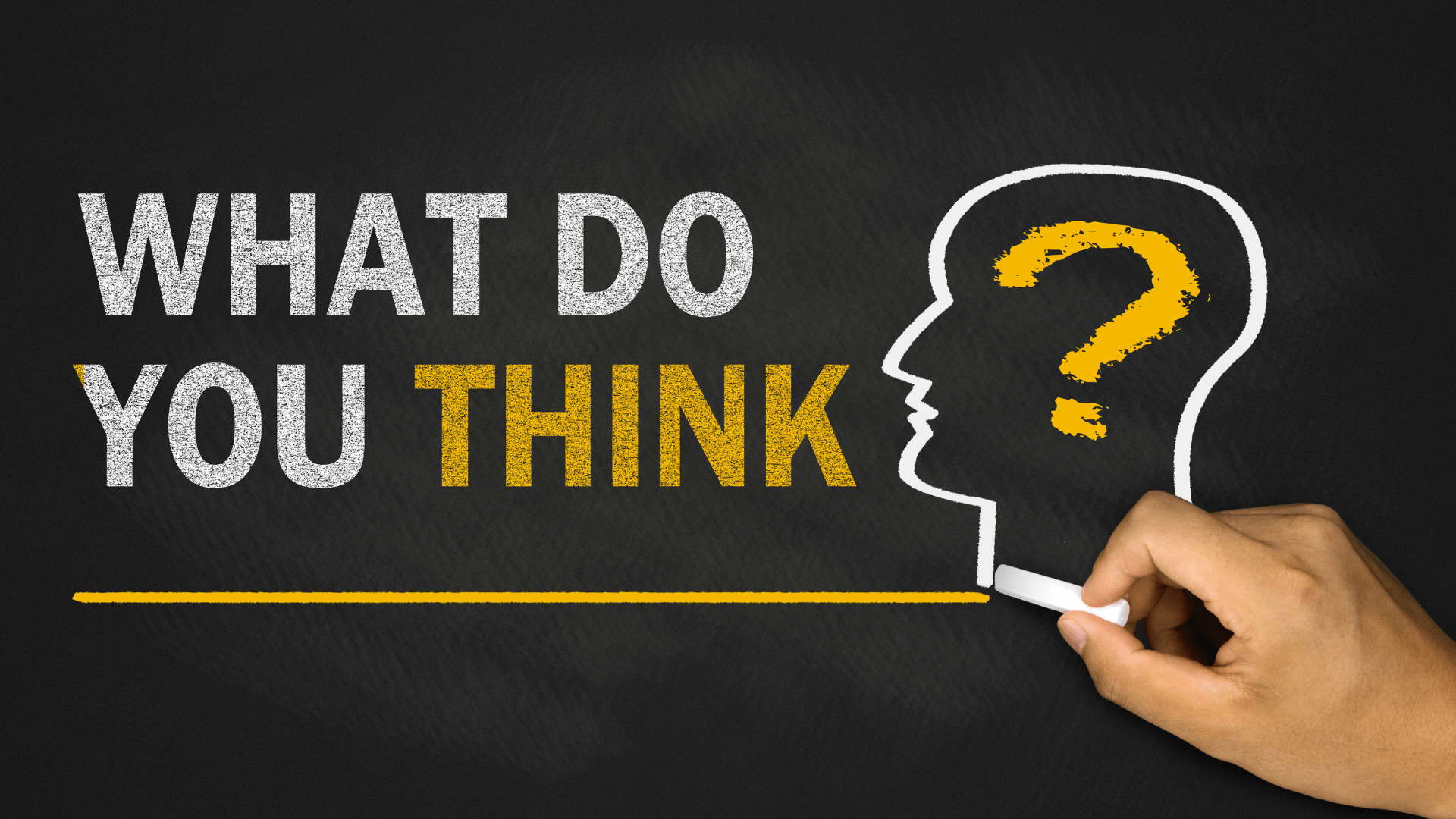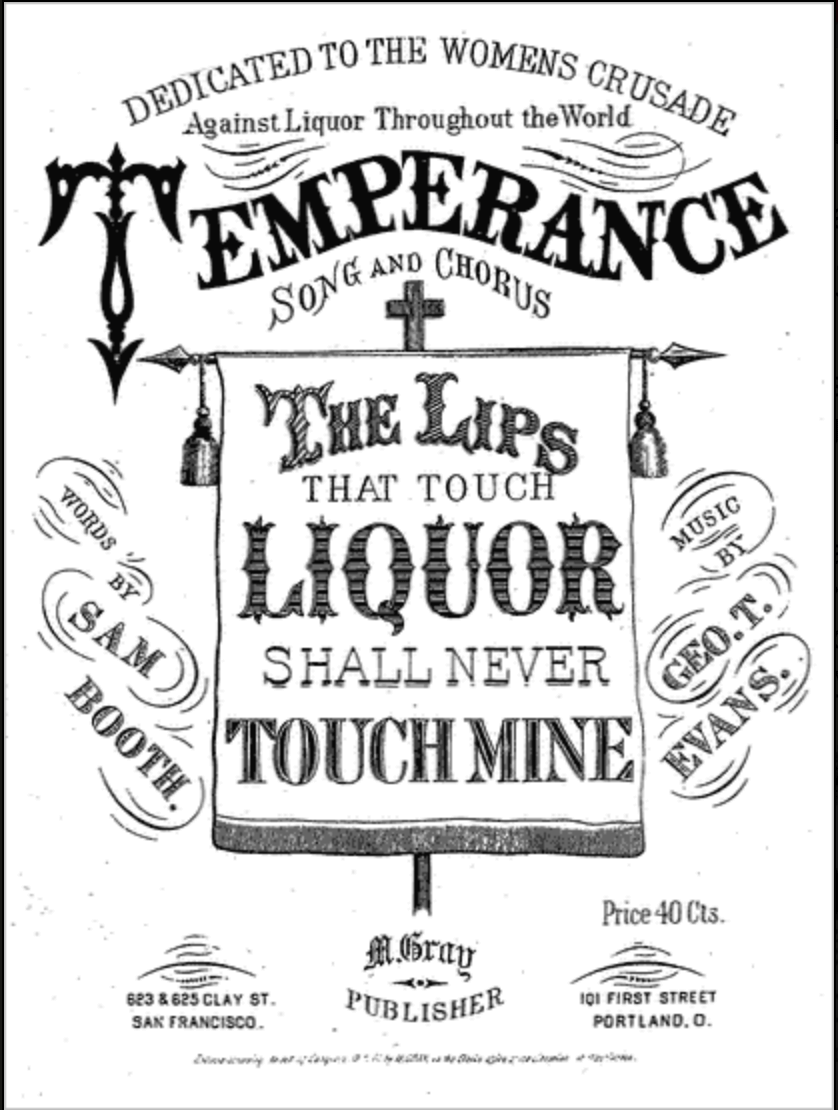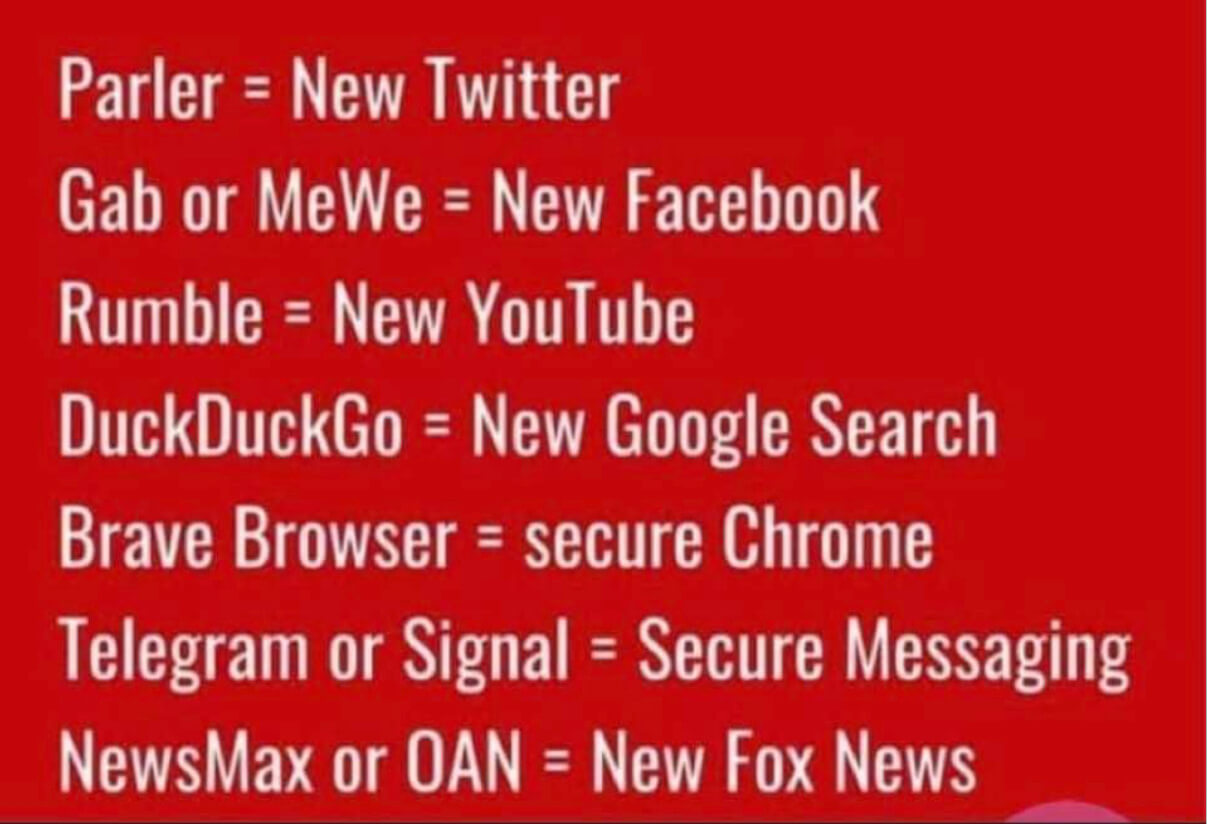Fighting for your beliefs without demonizing each other.
We can fight for our beliefs without demonizing each other.
Not everyone knows this, apparently.
I have a love/hate relationship with social media. I love being able to reconnect with friends that I haven’t heard from in years. It’s pretty wonderful to find a former student from one of the youth groups I led 30 years ago and hear how they’re doing Kingdom work and loving Jesus.
That’s the love side of things. What I hate, though, is when I run across some political or social screed and just shake my head. Or, worse, when I let myself get suckered and drawn into a no-win discussion, i.e., argument. It devalues my soul.
In a world bursting with diverse opinions and beliefs, it’s easy to find ourselves at odds with others. Do we live in a divided country or what? But as Christians, we’re called to a different standard — one of love, understanding, and peace.
The Apostle Paul reminds us inRomans 12:18, “If it is possible, as far as it depends on you, live at peace with everyone.” This isn’t just a lofty ideal; it’s a practical guide for navigating our interactions, even when we disagree.
Understanding Over Judgment
One of the first steps in bridging differences is striving to understand rather than rush to judgment. Remember James 1:19, which encourages us to be “quick to listen, slow to speak and slow to become angry.” Understanding doesn’t mean we have to agree with every point of view, but it does mean acknowledging the sincerity and humanity in others’ perspectives.
That’s hard. I’ll read something from a friend or acquaintance and think, “Dude, you must be possessed. How can you believe such nonsense? Who are you listening to? What are you reading? What are your sources?”
Then I remember: Everyone has a story. Their story isn’t my story. They came to their beliefs based on their worldview, their upbringing, their environment, and a whole host of other factors. Just like you and I did.
I’d like to think I work hard at this. I once found myself in a heated debate with a friend over a social issue. As we talked, I made a conscious effort to listen, not just to respond but to understand. It didn’t change my viewpoint, but it certainly softened my heart towards my friend’s experience and reasoning.
Love as Our Guiding Principle
In every interaction, love should be our guiding principle. Jesus couldn’t have been clearer when he said, “Love one another. As I have loved you, so you must love one another” (John 13:34). This love isn’t just a warm feeling; it’s patient, kind, and self-controlled, as detailed in1 Corinthians 13:4-7. It’s choosing to respond with gentleness even when we’re tempted to be harsh, showing kindness when it’s easier to be indifferent.
Just be kind.
The Strength in Diversity
Our differences can be a source of strength, not division. Proverbs 27:17 tells us, “As iron sharpens iron, so one person sharpens another.” Engaging with diverse viewpoints can challenge us to think deeper, understand more broadly, and grow stronger in our own beliefs. It’s like a community garden with a variety of plants; each contributes something unique to the overall beauty and health of the garden.
When I talk about diversity, I’m simply saying that we aren’t all alike. I’m not talking about a union of light and darkness, of sin and holiness. What I am saying is that just listening to others, even if you find their stances repellant and even wicked, can’t hurt. Just make sure you are secure in you own beliefs, and stand firm on biblical truths.
Bridging the Gap with Grace
Finally, grace is the bridge that spans the gap between differing viewpoints. Ephesians 4:2-3 encourages us to “be completely humble and gentle; be patient, bearing with one another in love.” Grace involves listening, forgiving, and sometimes agreeing to disagree, all while maintaining respect and dignity. It’s recognizing that we’re all works in progress, journeying together towards understanding and truth.

As followers of Christ, we’re called to stand firm in our beliefs while also extending love and respect to those who differ from us. This balance isn’t just a nice idea; it’s a scriptural mandate and a practical pathway to peace and unity in a diverse world.
Let’s embrace our differences, not as barriers, but as opportunities to demonstrate the love, understanding, and grace that are at the heart of our faith.

